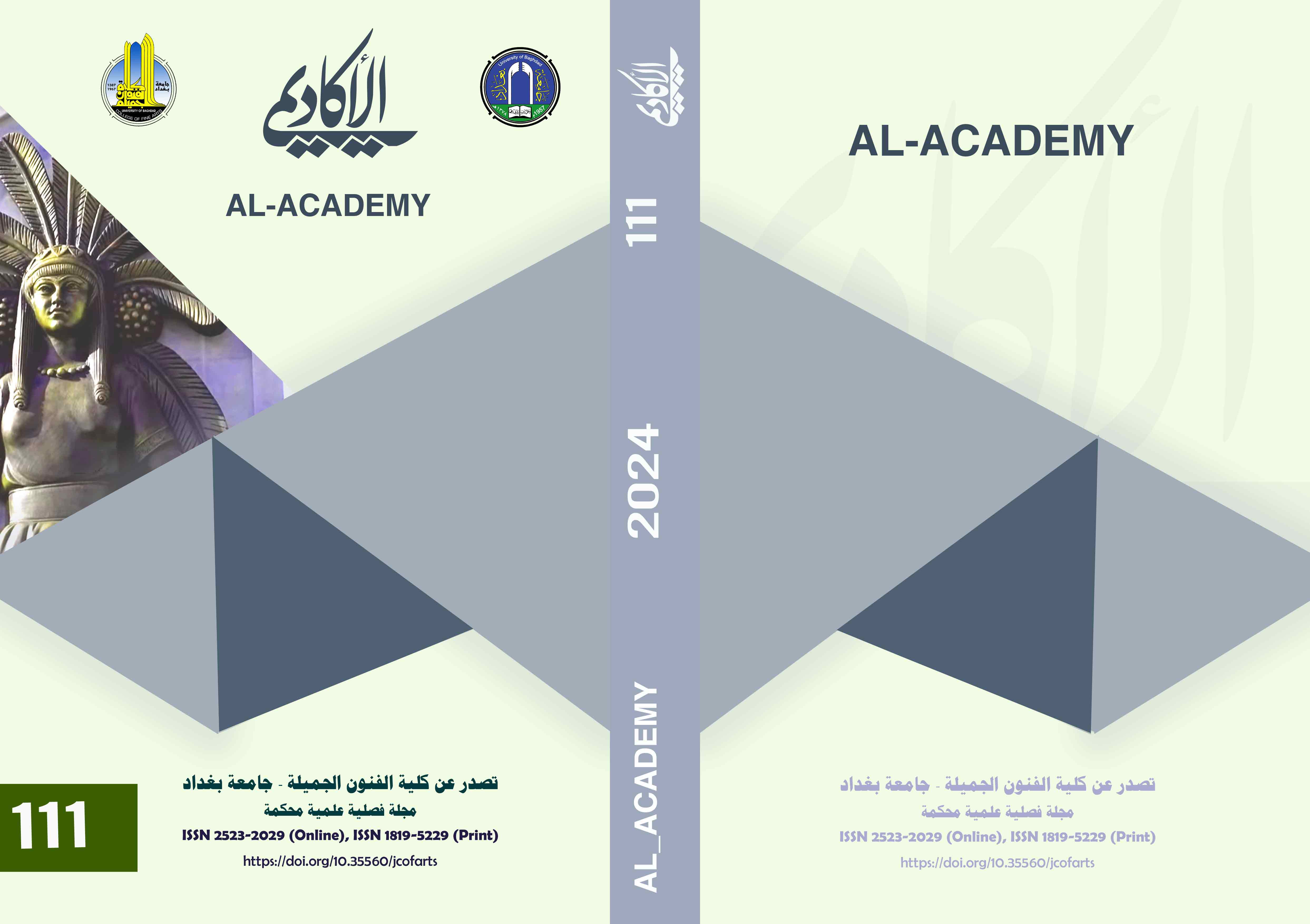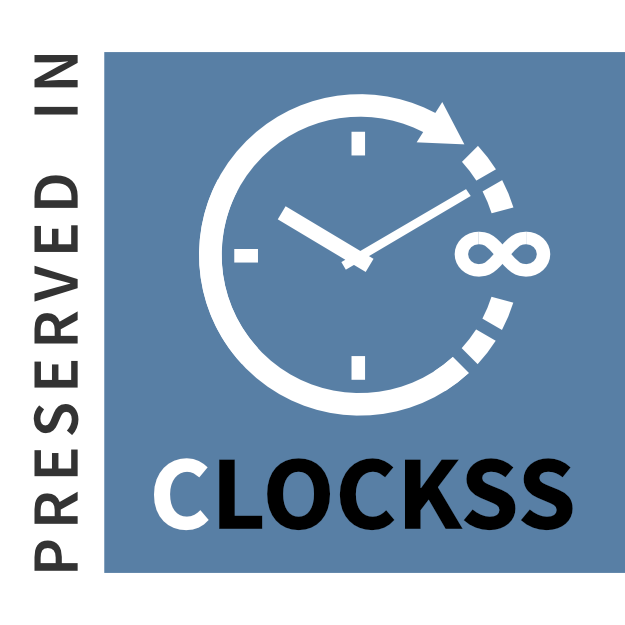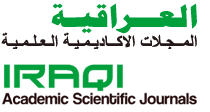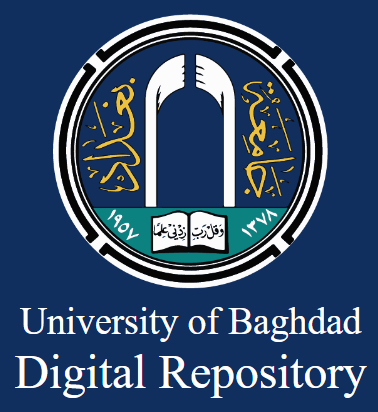Bridging Artistic Traditions - Enriching Metalwork and Jewelry through Islamic Art Patterns and Etching Acid Technique
DOI:
https://doi.org/10.35560/jcofarts1321Keywords:
Metal Jewelry, cultural relevance, historical significance, contemporary metalwork, jewelry design, spiritual symbolism.Abstract
This research examines the potential of incorporating Islamic art patterns into contemporary metalwork and jewelry using the etching acid technique. It emphasizes the enduring historical and cultural value of these art patterns, which are deeply rooted in the Islamic faith and culture. The significance goes beyond aesthetics, fostering spiritual connections. The review of existing works highlights how these patterns have influenced modern art, architecture, and diverse design fields, showcasing their continued relevance. Additionally, it explores the benefits of using acid etching in jewelry making, emphasizing precision, complexity, and the preservation of spiritual and cultural symbolism associated with Islamic art. The objectives of this study align with its findings by emphasizing the importance of historical context, possibilities for integration, effects of Islamic art patterns, and their impact on innovative metalwork and jewelry designs. This paper lays the foundation for empirical investigations by highlighting the potential to harmoniously blend tradition and modernity.
References
stdibs. (n.d.). Middle Eastern Hand-Etched Islamic Footed Brass Bowl. (n.d.). Retrieved from https://www.1stdibs.com/furniture/decorative-objects/vases-vessels/planters-cachepots-jardinieres/middle-eastern-hand-etched-islamic-footed-brass-bowl/id-f_12632512/
Abdullahi, Y., & Embi, M. R. B. (2013). Evolution of Islamic geometric patterns. Frontiers of Architectural Research, 2(2), 243-251.
Aghabayli, A. (2016). Geometric Patterns in Islamic Decoration A Parametric Envision of Portuguese and Azerbaijan Islamic Geometric Motifs (Doctoral dissertation, Universidade de Lisboa (Portugal)).
Alharbi, A. (2015). Zakrafah OrnamenI In Islamic Style. Rochester Institute of Technology.
Alma. (2018). 18K gold bracelet acid etching- invaluable.com. https://www.invaluable.com/auction-lot/18k-gold-bracelet-484-c-8624286926
Anderson, J., Mohamed, A. A., Mohamed, A. N., & Eshag, E. Y. Royal Regalia: a sword of the last Sultan of Darfur, Ali Dinar.
Armstreet. (n.d.). Medieval Etched Brass Bracelet. (n.d.). Retrieved from https://armstreet.com/store/medieval-jewelry/medieval-etched-brass-bracelet-2-inch-width
Atıl, E., Chase, W. T., & Jett, P. (1985). Islamic metalwork in the Freer Gallery of Art:[exhibition held Sept. 27, 1985-Jan. 5, 1986]. Freer Gallery of Art, Smithsonian Institution.
Ba’ai, N. M., Aris, A., Khairi, H., & Dafri, Y. (2022). Malay Traditional Motifs Character in Jewellery Design. Asian Journal of Environment-Behaviour Studies, 7(23), 15-30.
Dariyadi, M. W., Baydoun, Z., Kamarudin, Z., & Murtadho, N. (2022). The Islamic art and design elements applied in the Islamic city. City, Territory and Architecture, 9(1), 10.
Darweesh, A. H. (2009). The Enameling Arts in Kuwaiti Pre-service Art Teacher Education. University of North Texas.
i3SEO. (2022). How is Chemical Etching Used in Jewellery Making? Retrieved from https://www.qualitetch.com/chemical-etching-used-jewellery-making/
Jewelry Kind (2017). The Benefits of Photo Etching in Jewelry Making. (2017). Retrieved from https://jewelrykind.com/the-benefits-of-photo-etching-in-jewelry-making/#:~:text=Photo%20etching%20can%20make%20any,easily%20with%20precision%20and%20ease.
Kdmfab. (2023). The Art of Etching on Metal: Techniques, Tools, and Tips! Retrieved from https://kdmfab.com/etching-on-metal/
López-Guzmán, R. (2021). Mudejar Art. The Last Ornamental Expression of Islam in Christian Granada. In A Companion to Islamic Granada (pp. 463-489). Brill.
Munira. (n.d.). Jewelry. (n.d.). Retrieved from https://munira.net/collections/islamic-art-inspired-jewelry
Nejad, E. S. (2021). Study of Kashan Metalworking During Qajar Dynasty with a Religious Approach. International Journal of Multicultural and Multireligious Understanding, 8(4), 454-468.
Omran, R. (2020). Islamic geometric decorations as a source of modern ceramic jewelry design. 5(23), 630-642.
Othman, M. A. S. (2020). ENGRAVING OF THE INVERTED INSCRIPTIONS ON CORAL BUTTON RINGS WITH AN ORGANIC ACID. Shedet, 7(7), 231-237.
Rahim, M. I. C., Ibrahim, M., Daud, M. Z., & Anuar, N. S. M. (2017). The Development of Islamic Geometric Pattern in Jewellery Product Design. In Contemporary Issues and Development in the Global Halal Industry: Selected Papers from the International Halal Conference 2014 (pp. 229-238). Springer Singapore.
Rita Okrent Collection. (n.d.). Yemeni Bedouin Silver Upper Arm Etched Decorated Bracelet from Wadi Al Rujum, Yemen - Rita Okrent Collection (BR041). Retrieved from https://ritaokrent.com/products/bracelets-and-rings-item-041
Robinson, C. (2017). Locating the Alhambra: A Fourteenth‐Century “Islamic” Palace and its “Western” Contexts. A Companion to Islamic Art and Architecture, 712-732.
Saeid Shakouri. (n.d.). Islamic Art + History, Kinds, Characteristics & Pictures. (n.d.). Retrieved from https://saeidshakouri.com/islamic-art/#Mosques_Sacred_Spaces_of_Worship
Siran, Z., & Al-Khulaqi, A. (2022). The Criteria of Islamic Geometric Patterns Design for the Contemporary Jewellery Making Process. In 2nd International Conference on Creative Multimedia 2022 (ICCM 2022) (pp. 245-256). Atlantis Press.
Trevathan, I. (2020). Islamic Art and Saudi Arabia: Reconnecting Communities with Collections. Curating Islamic Art Worldwide: From Malacca to Manchester, 119-133.
Downloads
Published
Issue
Section
License
Copyright (c) 2024 Moneerah Alayar, Najlah alrashidi , Eiman Alrashidi

This work is licensed under a Creative Commons Attribution 4.0 International License.













